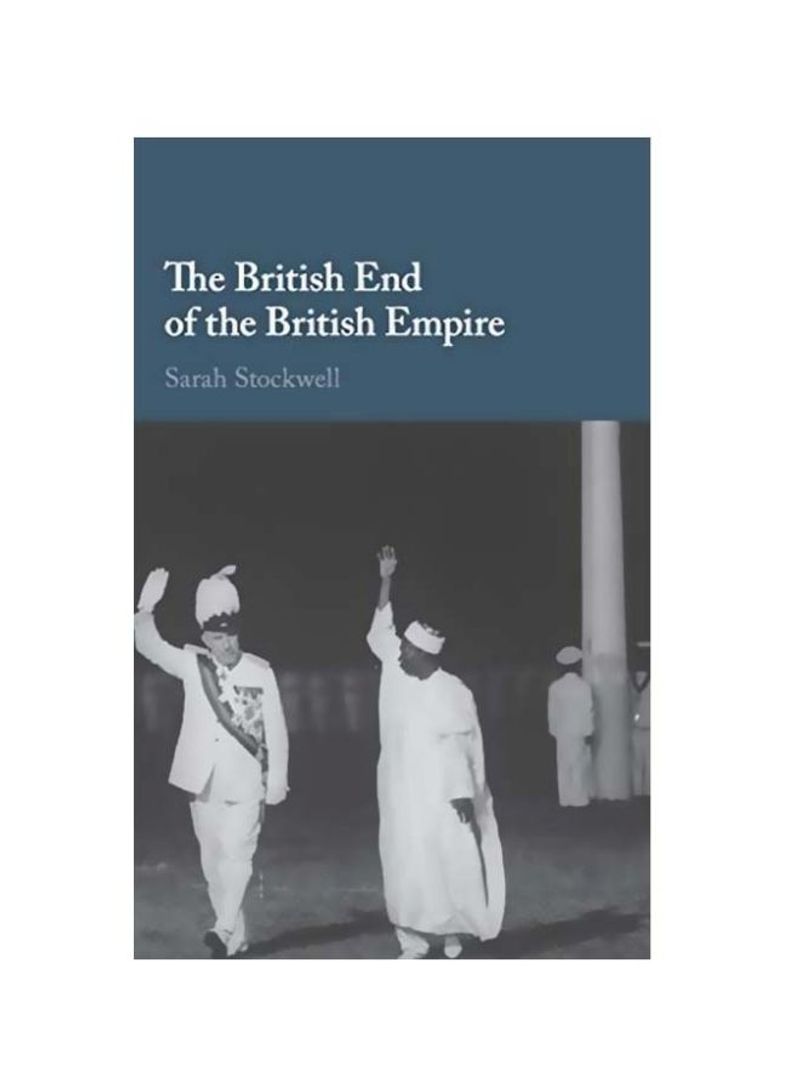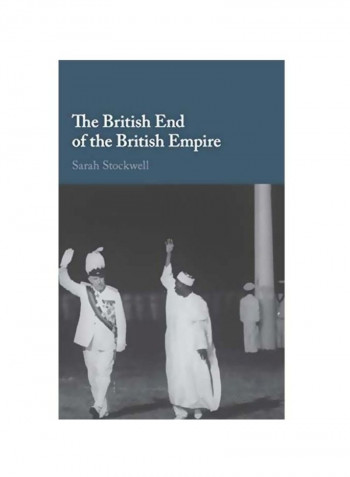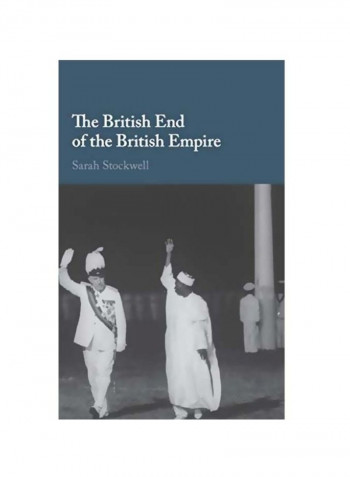The British End Of The British Empire Hardcover
Recommend
Sort by
Rating
Date
Specifications
Author 1
Sarah Stockwell
Book Description
How did decolonization impact on Britain itself? And how did Britain manage its transition from colonial power to postcolonial nation? Sarah Stockwell explores this question principally via the history of the overseas engagements of key institutions that had acquired roles within Britain's imperial system: the Universities of Oxford and Cambridge, the Bank of England, the Royal Mint, and the Royal Military Academy Sandhurst. Using a huge range of fresh archival sources, the author shows how these institutions fashioned new roles at the end of empire, reconfiguring their activities for a postcolonial world and deploying their expertise to deliver technical assistance essential for the development of institutions in new Commonwealth states. This study not only pioneers an entirely new approach to the history of the British end of the British empire, but also provides an equally novel cross-sectoral analysis of institution-building during decolonization and highlights the colonial roots of British postcolonial aid.
ISBN-13
9781107070318
Language
English
Publisher
Cambridge University Press
Publication Date
23-Apr-19
Number of Pages
348
About the Author
Sarah Stockwell is professor of imperial and Commonwealth history at King's College London, and a leading historian of British decolonization. Her publications include The Business of Decolonization: British Business Strategies in the Gold Coast (2000) and, as editor, The British Empire: Themes and Perspectives (2008).
Editorial Review
With this book Sarah Stockwell emerges as the one of the foremost economic historians of the British Empire. By studying the linkages between the colonial service, the universities, the Bank, the Army and above all the Mint, she explains the reasons British overseas businesses were able to carry on and move with the times, with difficult and painful adjustments, eventually finding significant success hardly imaginable in the era of decolonization.' Roger Louis, University of Texas 'Any sophisticated grasp of the peculiarly British dimensions of global decolonization in the decades after 1945 needs to come to grips with the empire's domestic institutional stakeholders. In this meticulous study, Sarah Stockwell delivers just that. Brimming with insights, The British End of the British Empire reveals how the institutional framework of empire persisted, and at times even flourished, in a changing world.' Stuart Ward, University of Copenhagen `With this book Sarah Stockwell emerges as the one of the foremost economic historians of the British Empire. By studying the linkages between the colonial service, the universities, the Bank, the Army and above all the Mint, she explains the reasons British overseas businesses were able to carry on and move with the times, with difficult and painful adjustments, eventually finding significant success hardly imaginable in the era of decolonization.' Roger Louis, University of Texas `Any sophisticated grasp of the peculiarly British dimensions of global decolonization in the decades after 1945 needs to come to grips with the empire's domestic institutional stakeholders. In this meticulous study, Sarah Stockwell delivers just that. Brimming with insights, The British End of the British Empire reveals how the institutional framework of empire persisted, and at times even flourished, in a changing world.' Stuart Ward, University of Copenhagen



